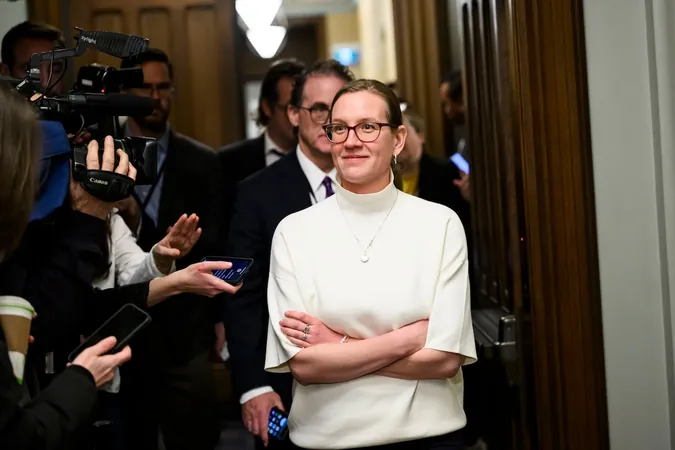
The Race for Liberal Leadership Intensifies as Candidates Make Their Cases
2025-01-18
Author: Noah
The Race for Liberal Leadership Intensifies as Candidates Make Their Cases
As the competition to succeed Justin Trudeau as leader of the Liberal Party kicks into high gear, candidates are feverishly working to carve out distinct identities that resonate with a voter base desperate for change.
The political landscape shifted significantly when Government House leader Karina Gould, at just 37, became the youngest contender to officially announce her candidacy. She emphasizes the need for “a new generation of leadership” as a key theme in her campaign. “Canadians have lost faith in our party, and we have to earn back their trust,” Gould asserts, positioning herself as the candidate capable of revitalizing the struggling party's image.
Gould's announcement coincided with a video release from former finance minister Chrystia Freeland. In her campaign video, Freeland presents herself as the most qualified candidate to confront the anticipated challenges posed by an incoming U.S. president, Donald Trump. Citing her experience in renegotiating the North American Free Trade Agreement, she portrays herself as a "tough negotiator" who has successfully taken on Trump before, which resonates with voters concerned about Canada's international relations.
As the race unfolds, former Bank of Canada Governor Mark Carney also emerged as a significant player. During his launch in Edmonton, Carney reinforced his expertise in economic matters, drawing on a wealth of experience from both public and private sectors. He aims to present himself as an outsider untainted by Trudeau’s controversial legacy. “One thing to remember about me,” he stated, “is my complete focus on getting our economy back on track.”
However, all candidates face a fundamental challenge: their close ties to Trudeau, whose popularity has plummeted. Each candidate's support of Trudeau's carbon pricing is likely to be weaponized by the Liberal's main opposition, the Conservative Party, led by Pierre Poilievre. Freeland accused Poilievre of being willing to "bow down to Trump," while Carney warned that he poses a "dangerous" threat to the Canadian economy.
Candidates are also racing against time to declare their interest before the impending deadline. The Liberal Party has set a demanding financial barrier for entry, requiring candidates to raise $350,000 in total, including a $50,000 deposit by January 30, and additional payments thereafter. Political hopefuls like Chandra Arya have already confirmed their intent to run, having met the signature requirements, while Carney reported significant initial fundraising success right after his campaign launch.
As the competition evolves, the dynamics within the Liberal Party crowd on endorsements and partnerships intensify. Former ministers like Natural Resources Minister Jonathan Wilkinson have opted not to run, refining the pool of candidates and placing added importance on securing backing from influential figures within the party, especially from Quebec-based politicians.
As the first campaign events approach, all eyes will be on Freeland's full campaign launch in Toronto and Gould's subsequent event in Burlington, Ontario, where initial supporters and potential voters will closely scrutinize their strategies – and perhaps set the stage for a dramatic race that could influence Canada's political future.
Stay tuned as this high-stakes leadership race unfolds, with implications that could ripple through the upcoming election outcomes!
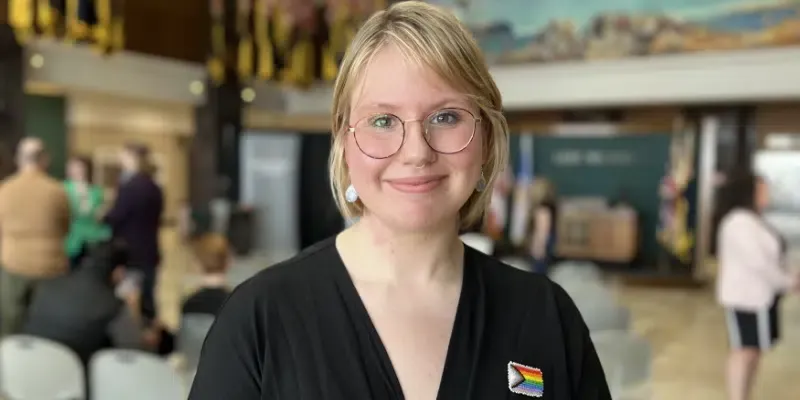
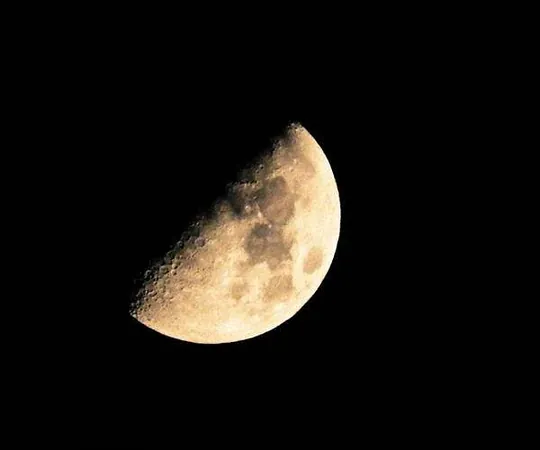
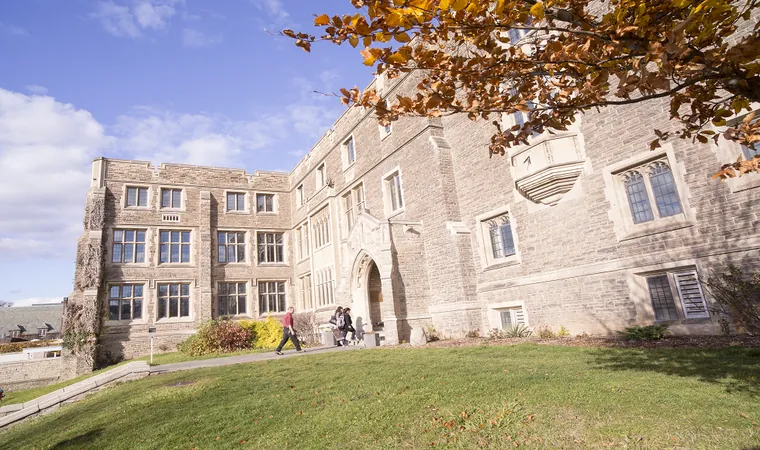
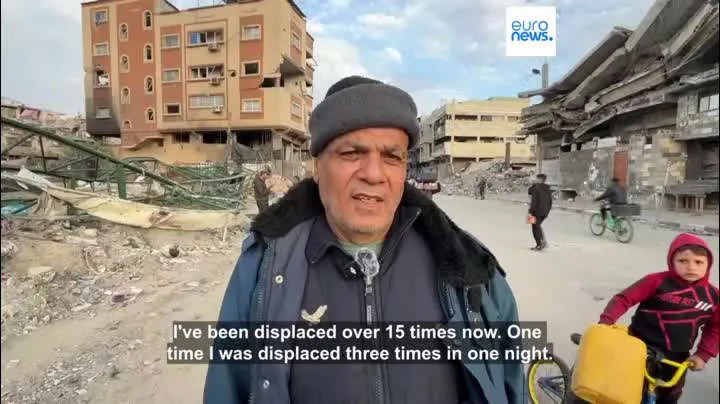
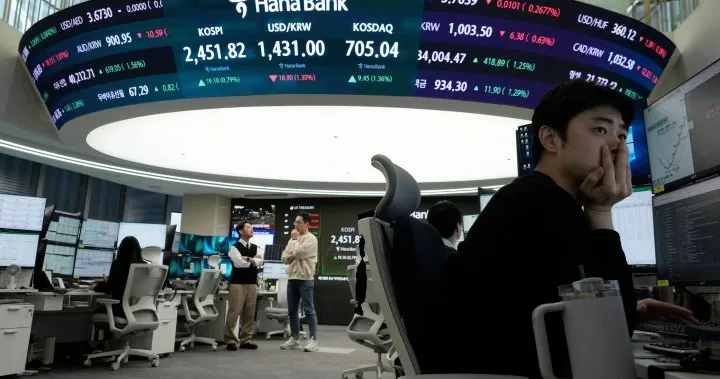
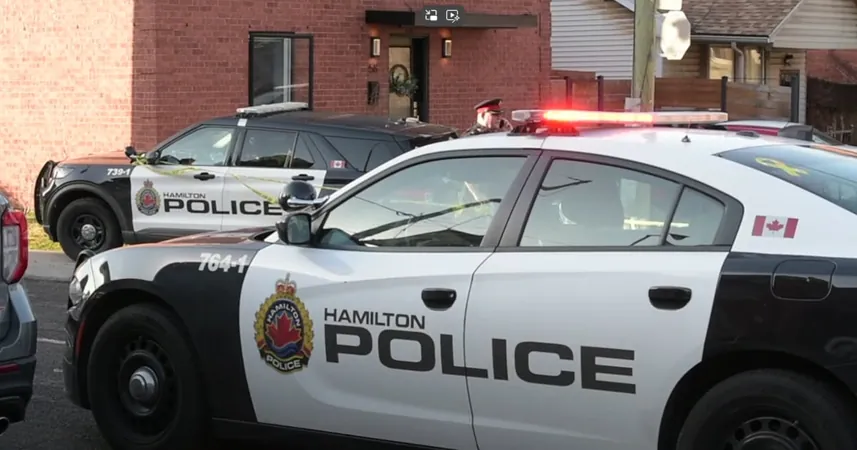
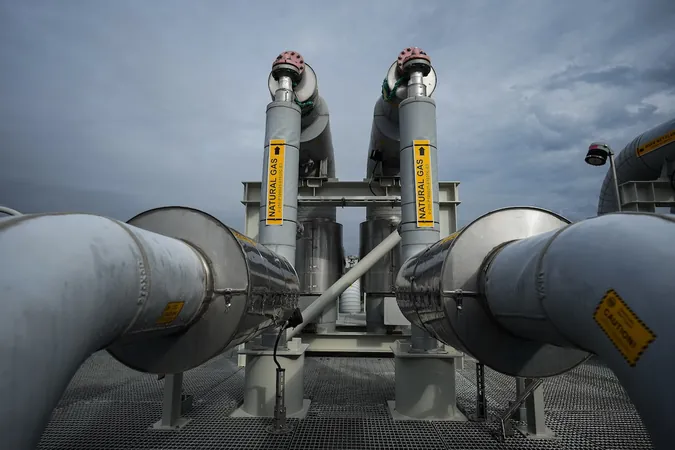

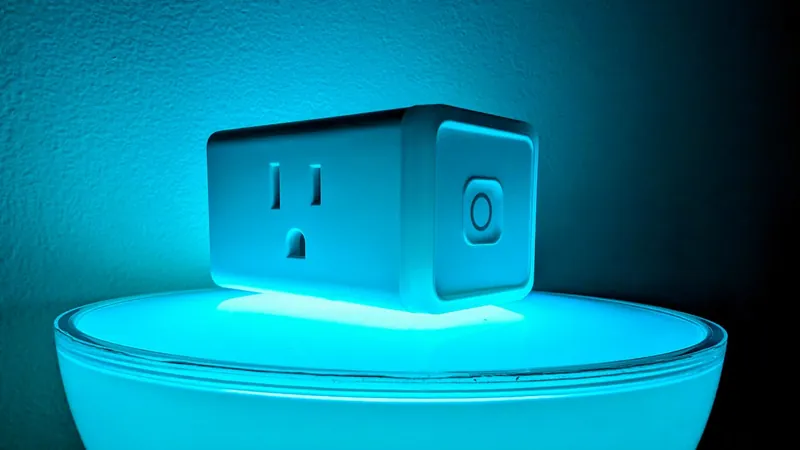
 Brasil (PT)
Brasil (PT)
 Canada (EN)
Canada (EN)
 Chile (ES)
Chile (ES)
 Česko (CS)
Česko (CS)
 대한민국 (KO)
대한민국 (KO)
 España (ES)
España (ES)
 France (FR)
France (FR)
 Hong Kong (EN)
Hong Kong (EN)
 Italia (IT)
Italia (IT)
 日本 (JA)
日本 (JA)
 Magyarország (HU)
Magyarország (HU)
 Norge (NO)
Norge (NO)
 Polska (PL)
Polska (PL)
 Schweiz (DE)
Schweiz (DE)
 Singapore (EN)
Singapore (EN)
 Sverige (SV)
Sverige (SV)
 Suomi (FI)
Suomi (FI)
 Türkiye (TR)
Türkiye (TR)
 الإمارات العربية المتحدة (AR)
الإمارات العربية المتحدة (AR)